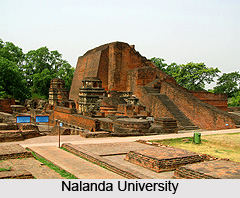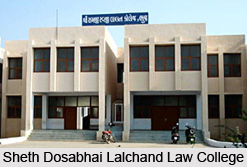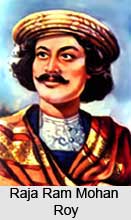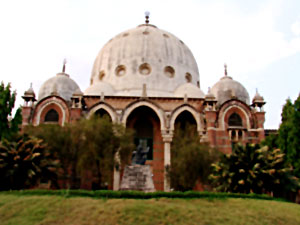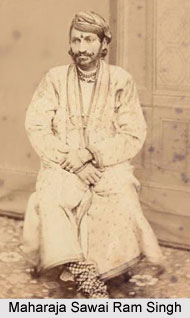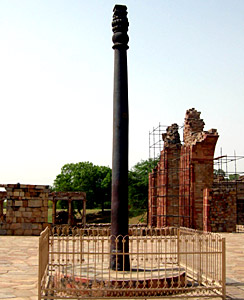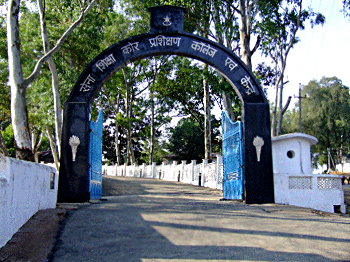The Government Medical College (GMC), Kottayam is considered to be one of the premier medical institutions in the state of Kerala. The college was established under the third Five Year Plan of the Government of India in 1960. The first batch of 50 students got admitted in MBBS course in the college in 1961. The students were initially accommodated at Medical College Thiruvananthapuram and the college`s new campus at Arpookara was formally inaugurated by the then Chief Minister of Kerala, Sri R Sankar on 3rd December, 1962. The District Hospital of Kottayam was started to be used as a teaching hospital of the GMC, Kottayam from 1964.
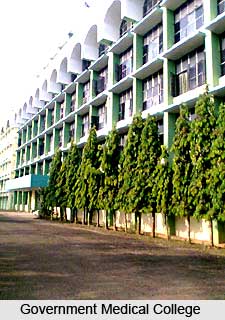 The Government Medical College (GMC), Kottayam started offering PG courses from the year 1973 and it got affiliated to the Gandhiji University (renamed Mahathma Gandhi University later), in 1980. A new college, the College of Nursing was inaugurated within the premises of GMC, Kottayam in 1982 and a Dental College started operating from 2001. The college is working on achieving certain aims and objectives and its main objective is to produce quality medical professionals for the well being of the people of Kerala.
The Government Medical College (GMC), Kottayam started offering PG courses from the year 1973 and it got affiliated to the Gandhiji University (renamed Mahathma Gandhi University later), in 1980. A new college, the College of Nursing was inaugurated within the premises of GMC, Kottayam in 1982 and a Dental College started operating from 2001. The college is working on achieving certain aims and objectives and its main objective is to produce quality medical professionals for the well being of the people of Kerala.
The Government Medical College (GMC), Kottayam offers several courses in different fields of medical science at both the undergraduate and postgraduate levels. The college admits a total of 100 students, every year in its main course, MBBS Degree Course. Apart from the MBBS, the college also offers a large number of postgraduate courses like MD in General Medicine, Physiology, Anaesthesiology, Paediatrics, D & V, and Pathology; and also MS in General Surgery, Obstetrics & Gynaecology, Ophthalmology, and ENT. There are a large number of departments that help the college in providing education on the above mentioned disciplines. The departments include Anaesthesiology, Biochemistry, Forensic Medicine, General Surgery, Microbiology, Nephrology, Neuro Surgery, Obstetrics & Gynaecology, Ophthalmology, Orthopaedics, Paediatric Surgery, Pathology, Pharmacology, Pharmacy, Physical Education, Physical medicine & Rehabilitation, Physiology, Plastic Surgery, Radio-diagnosis, Radiotherapy, and T B and Chest Diseases.
